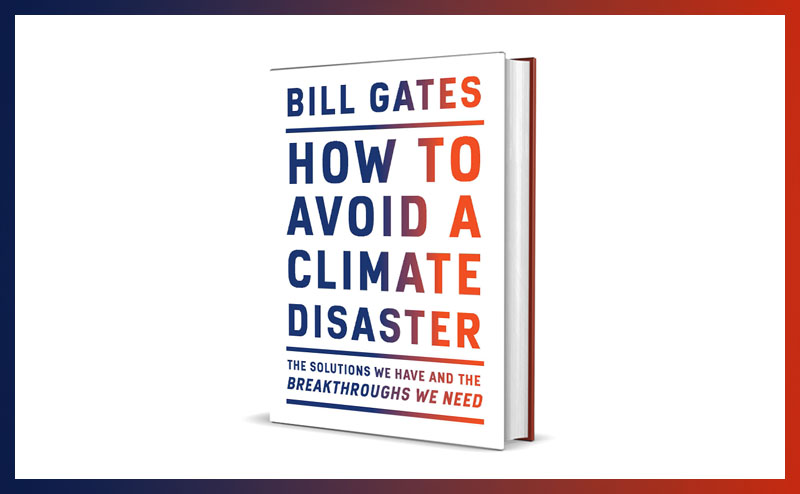Bill Gates Lets College Students Download a Free Digital Copy of His Book, How to Avoid a Climate Disaster

FYI: Earlier this year, Bill Gates published the New York Times bestseller, How to Avoid a Climate Disaster: The Solutions We Have and the Breakthroughs We Need. In the book, Gates explains why we need to work toward net-zero emissions of greenhouse gases, and how we can achieve this goal. Given that this responsibility will eventually fall to a younger generation of leaders, Gates has decided to make a digital copy of his book available to every college and university student in the world.
The book can be downloaded an .epub file which can be opened in a compatible e-reader application on many devices. An email address, along with a name of college/university, is required. Find the book here.
Related Content
Take Big History: A Free Short Course on 13.8 Billion Years of History, Funded by Bill Gates
Bill Gates Recommends 5 Thought-Provoking Books to Read This Summer
Bill Gates Lets College Students Download a Free Digital Copy of His Book, How to Avoid a Climate Disaster is a post from: Open Culture. Follow us on Facebook and Twitter, or get our Daily Email. And don't miss our big collections of Free Online Courses, Free Online Movies, Free eBooks, Free Audio Books, Free Foreign Language Lessons, and MOOCs.
from Open Culture https://ift.tt/3EduTZm
via Ilumina
Comments
Post a Comment